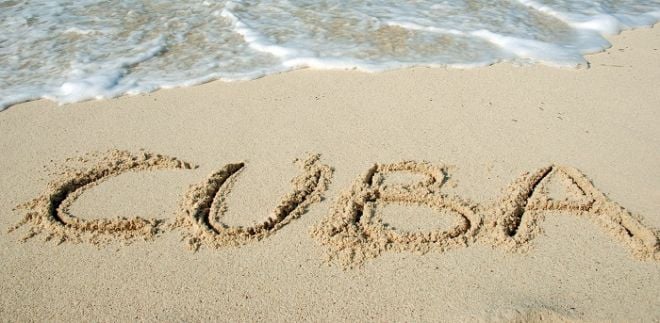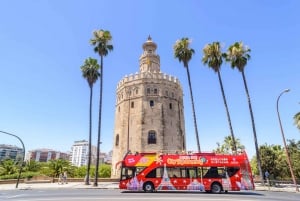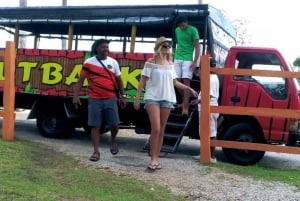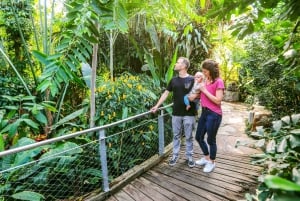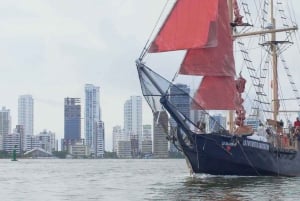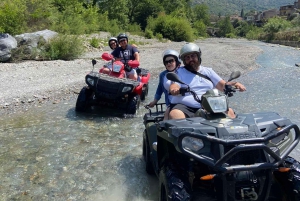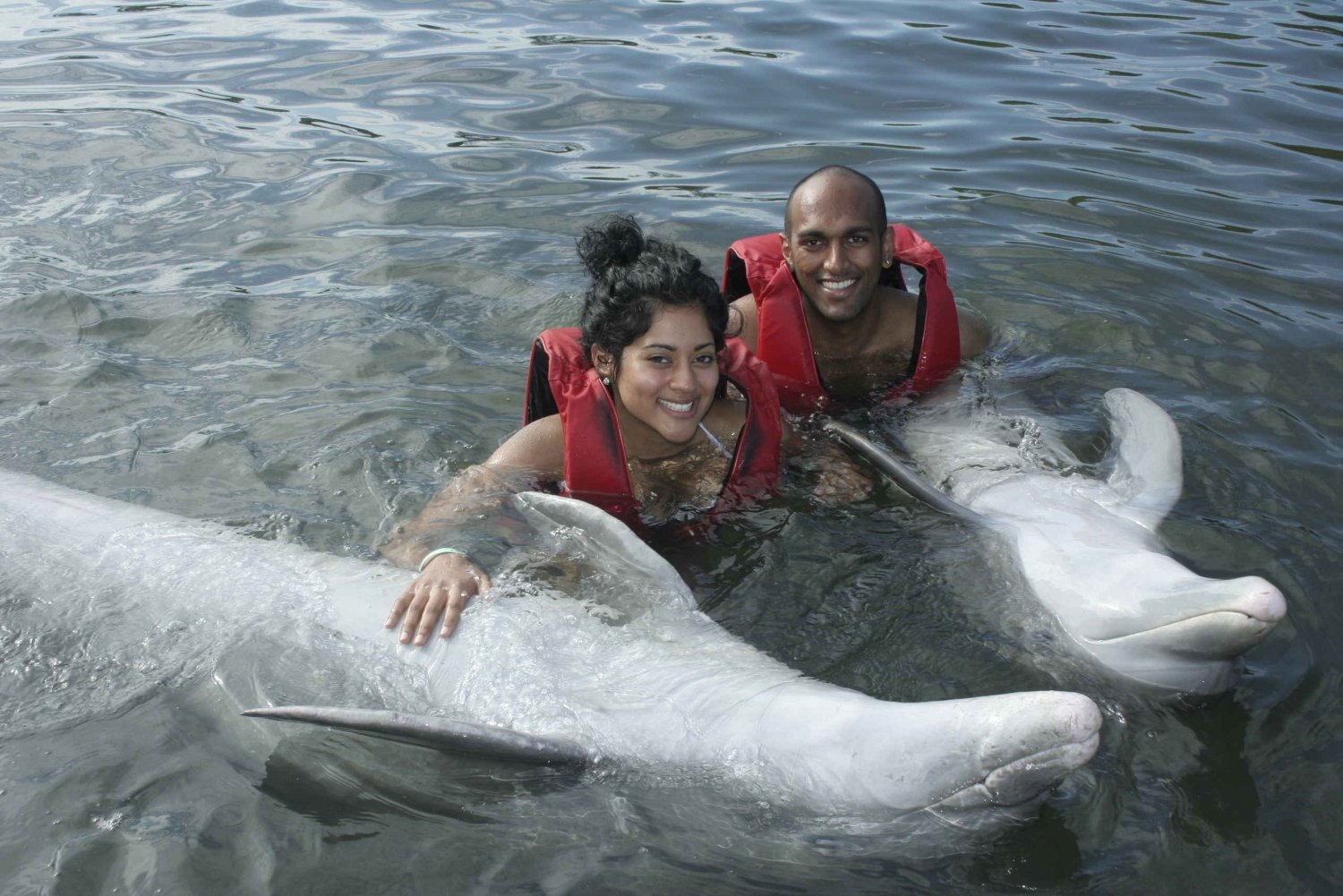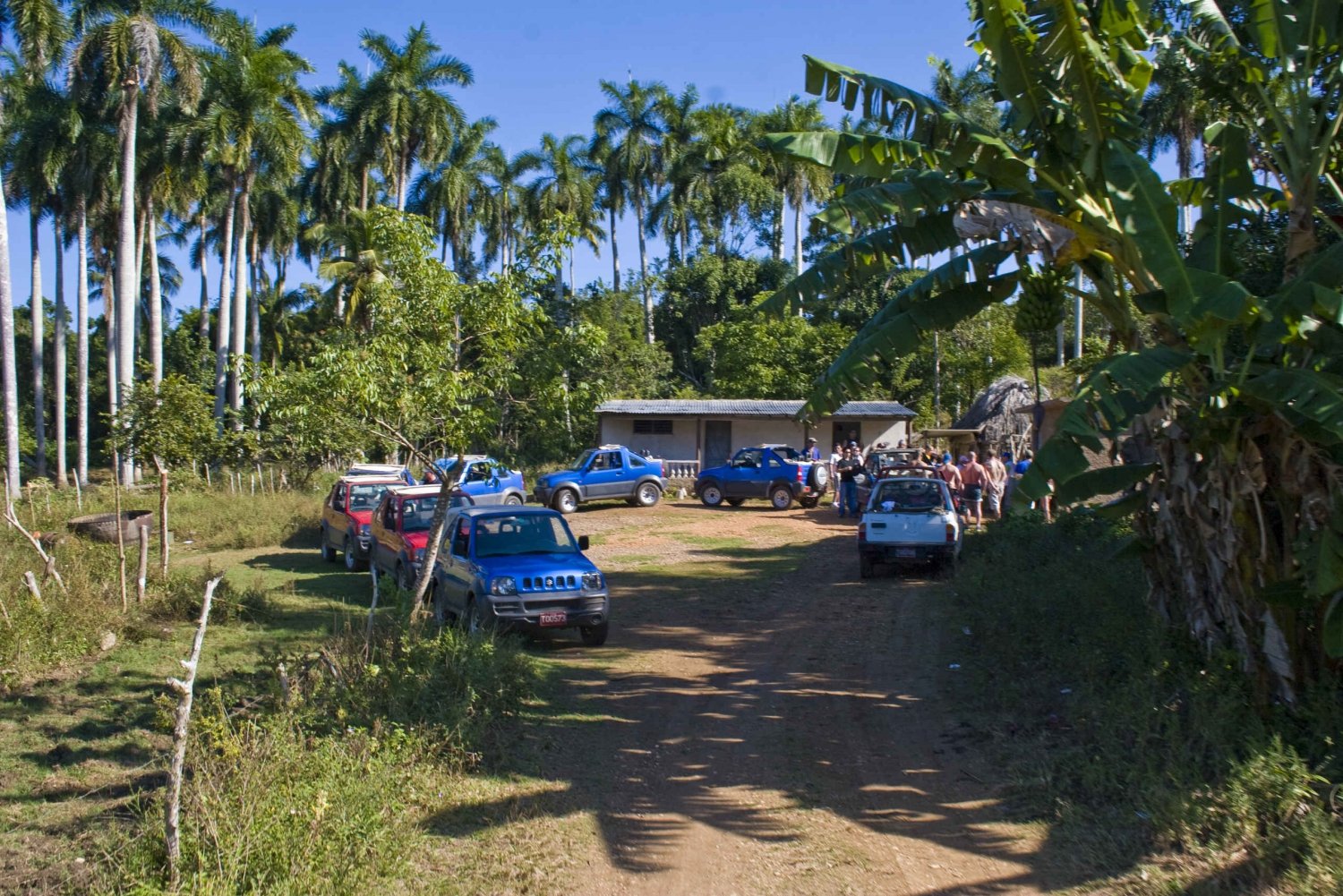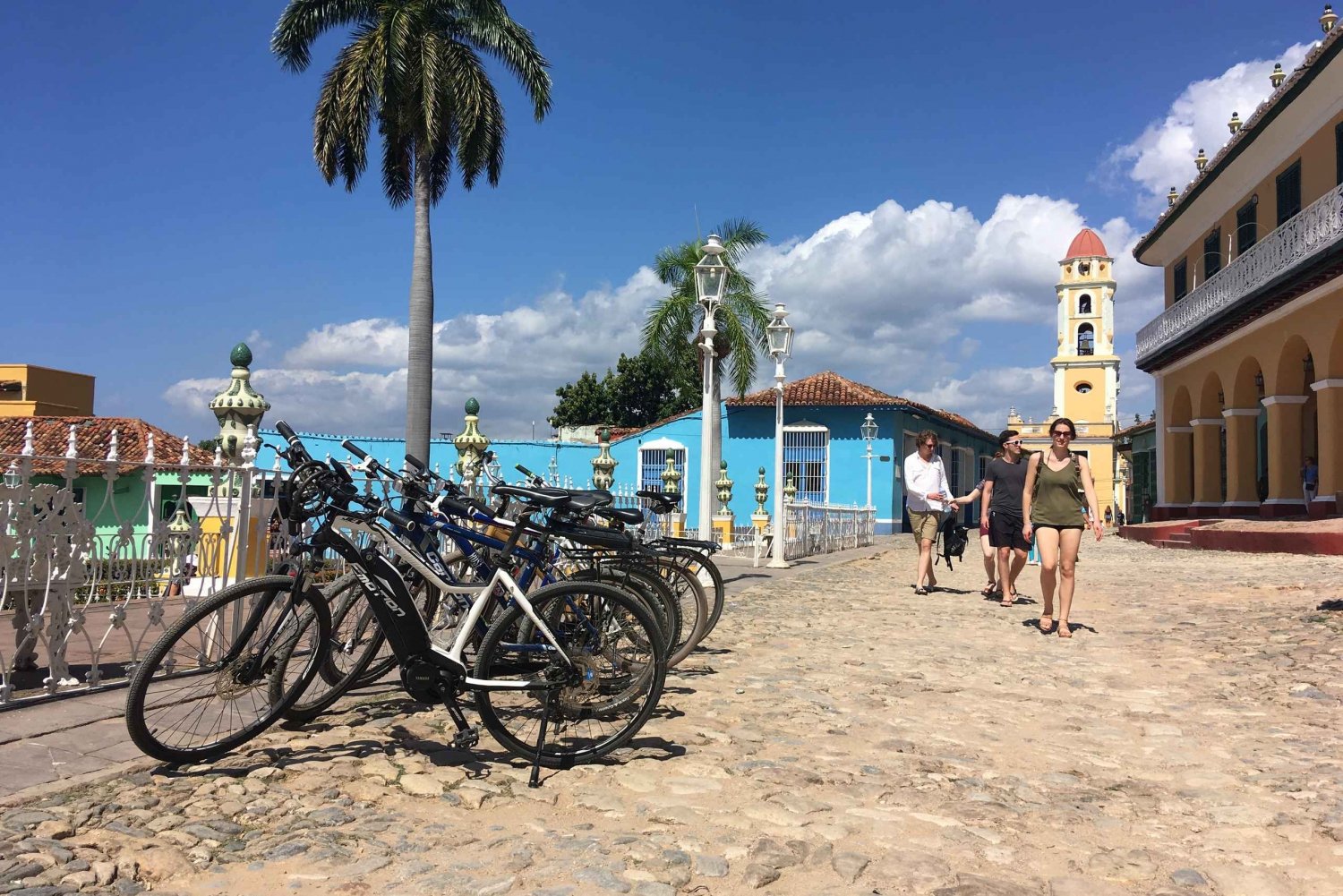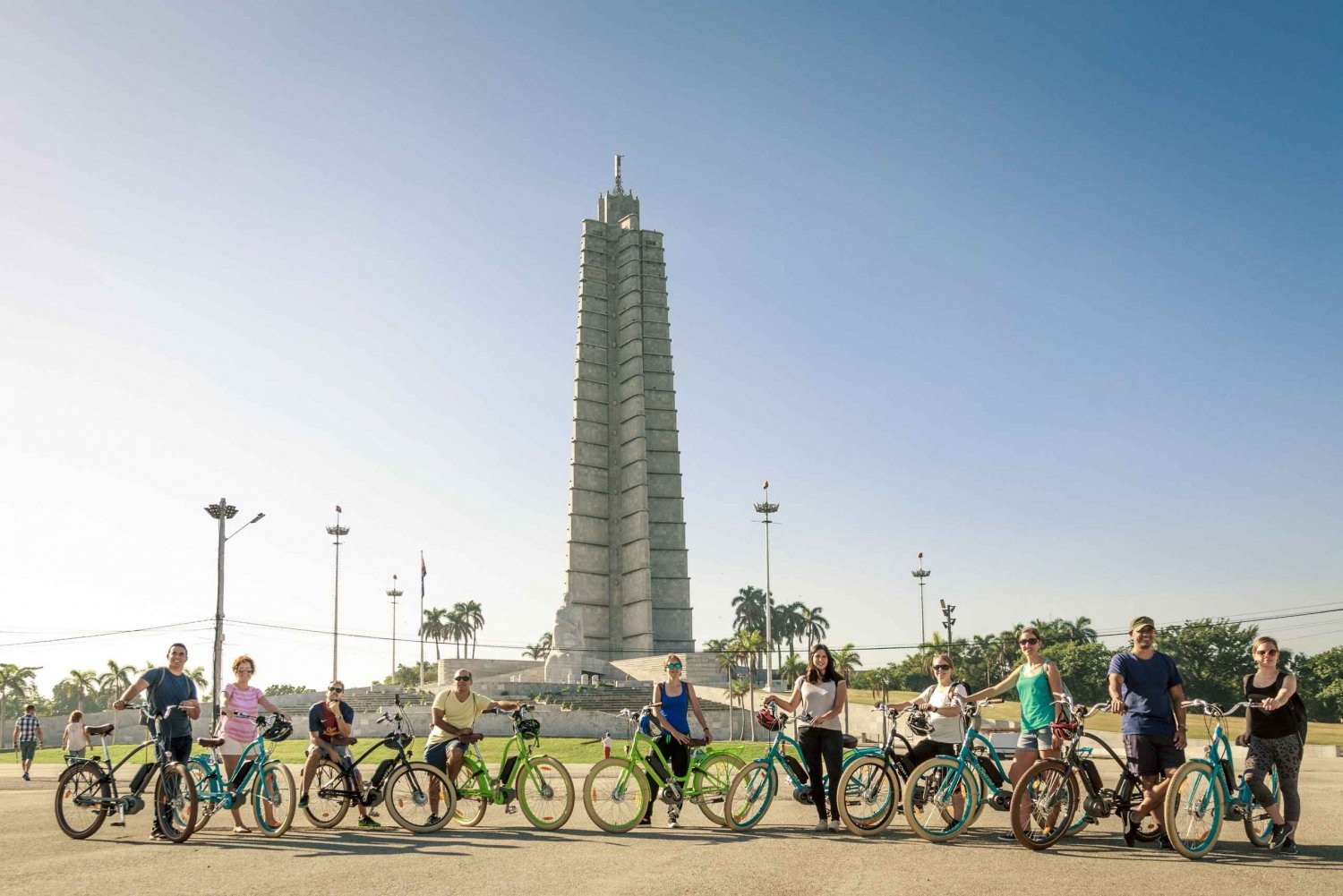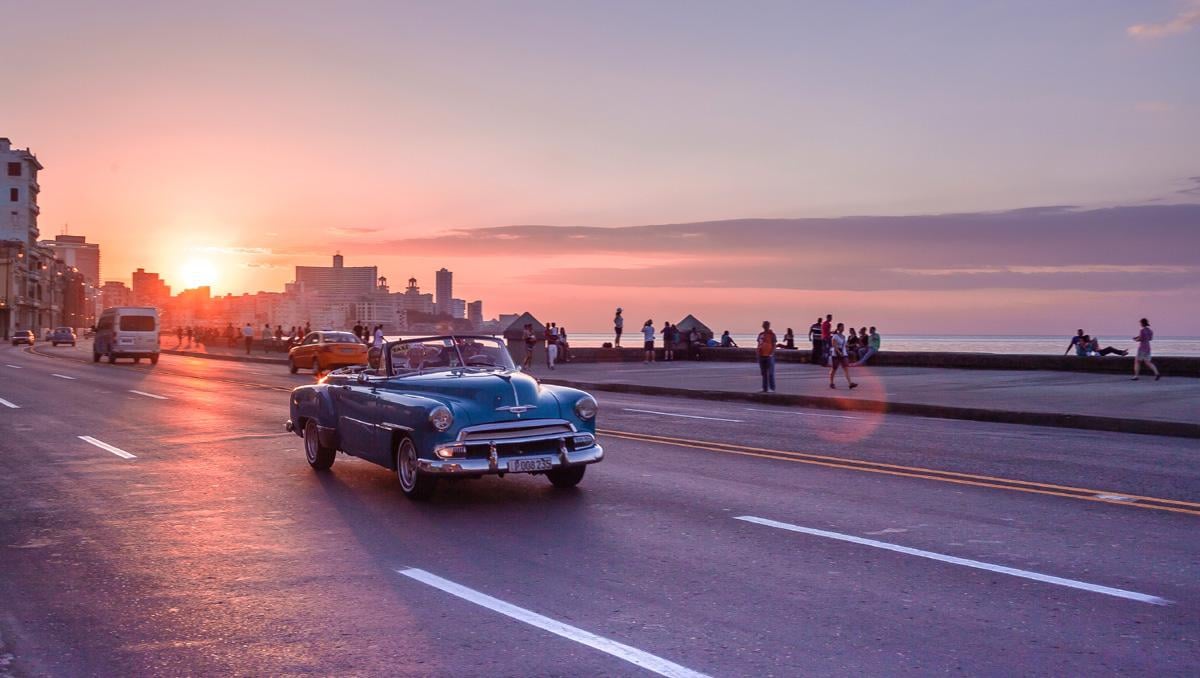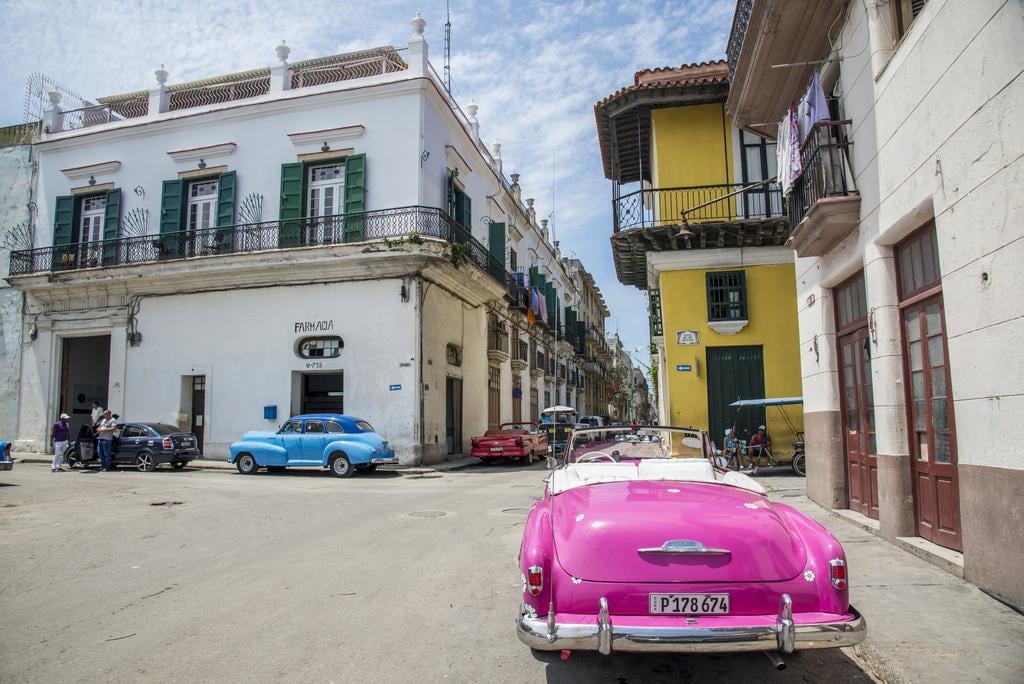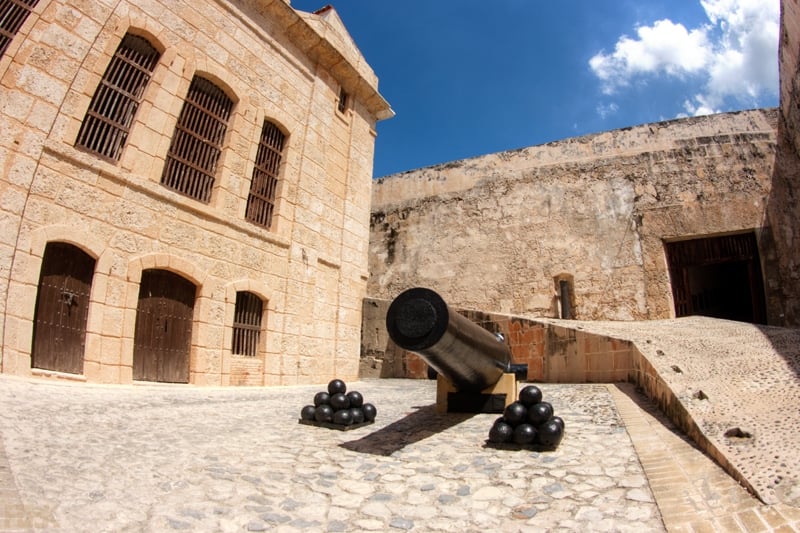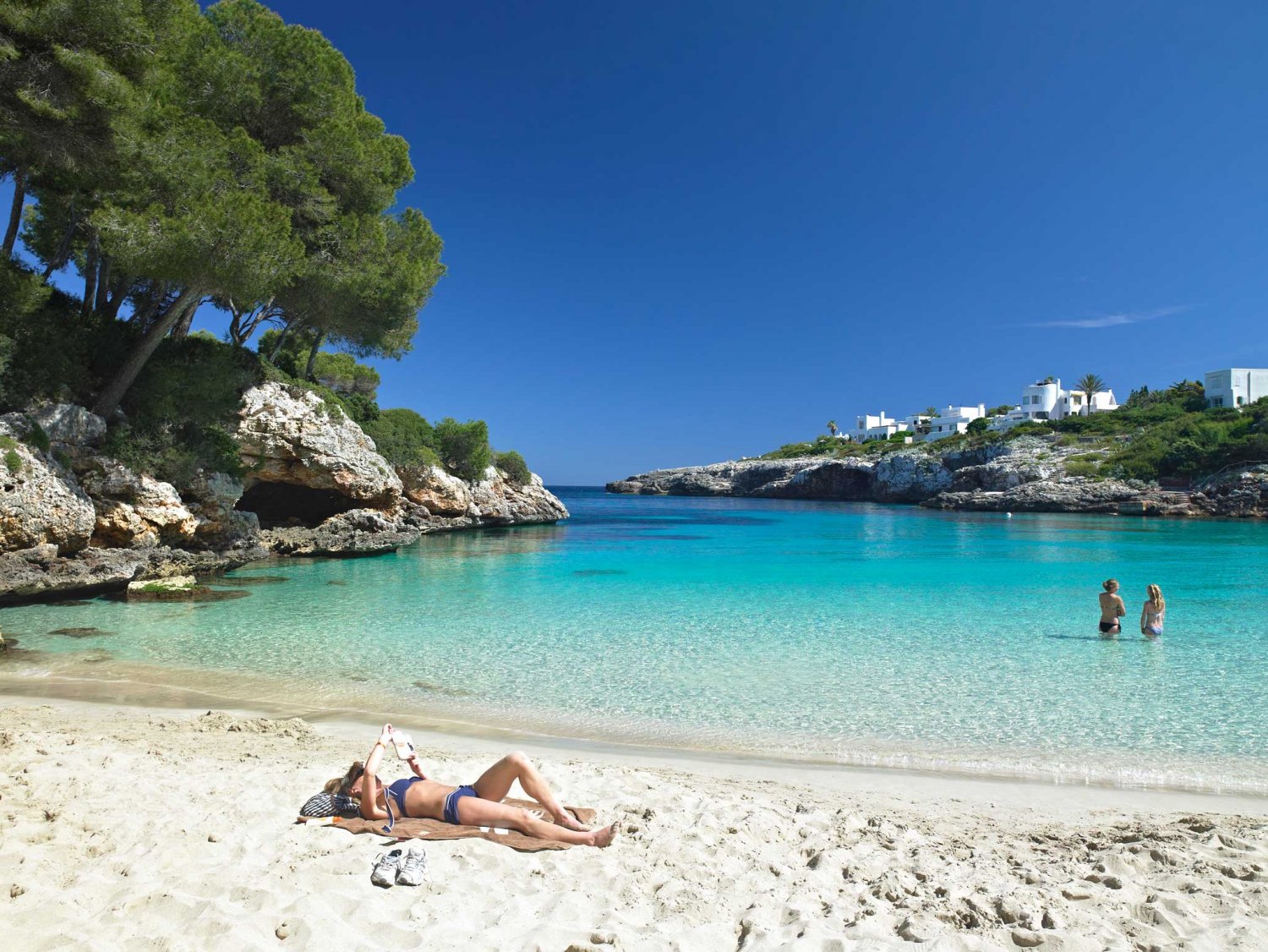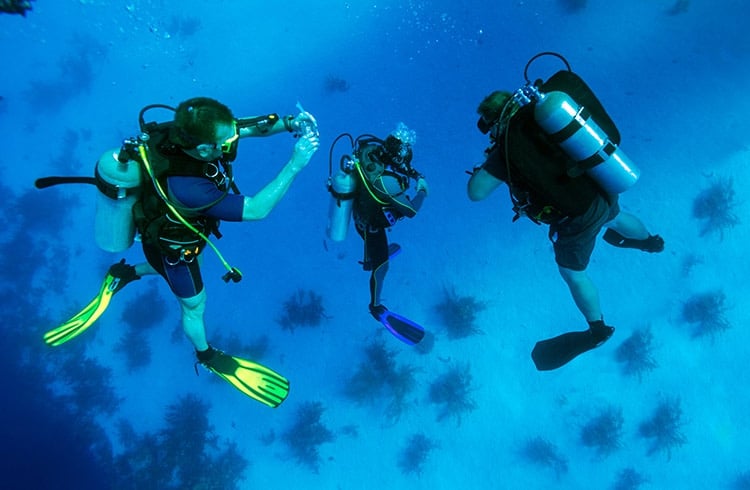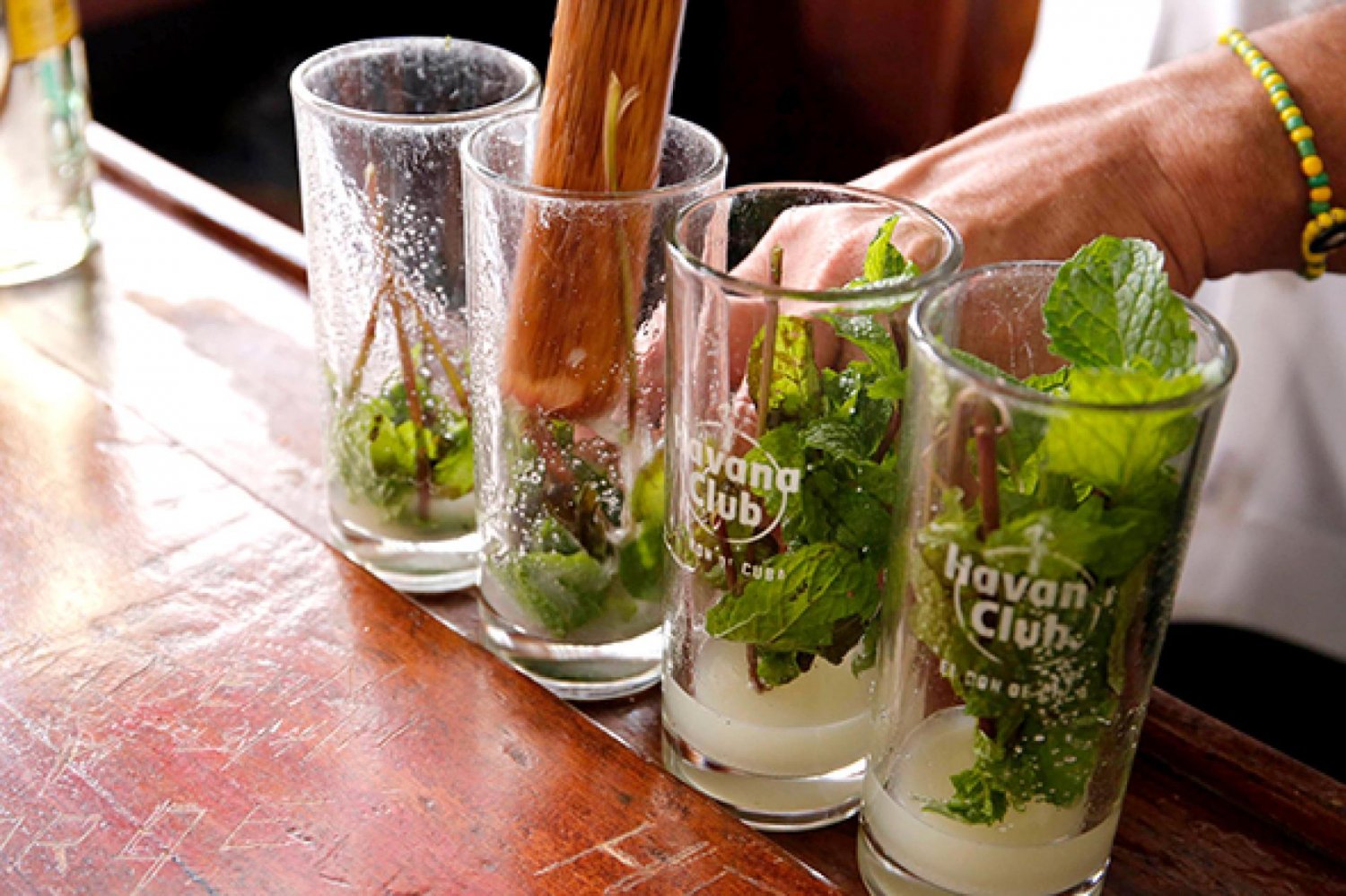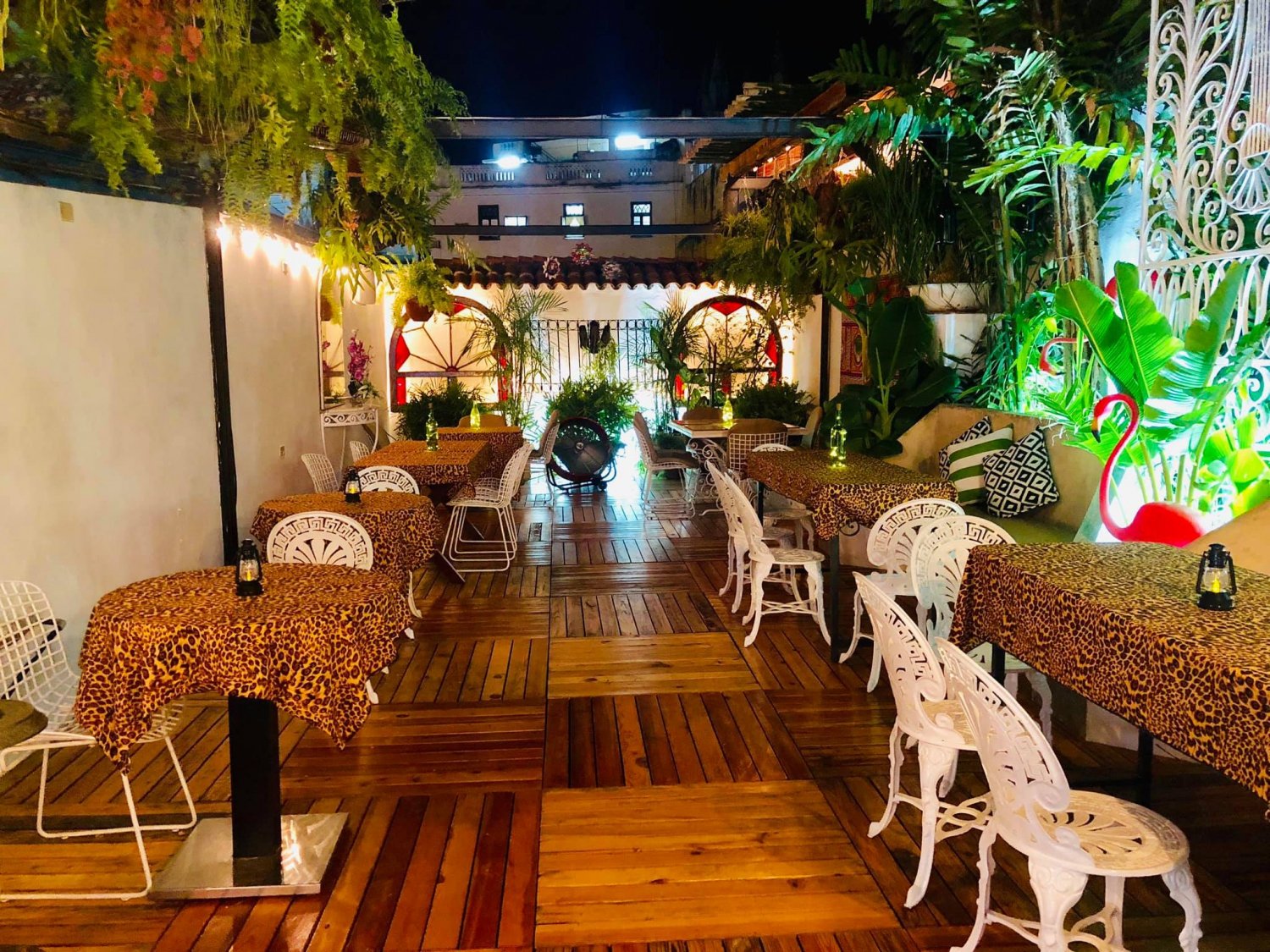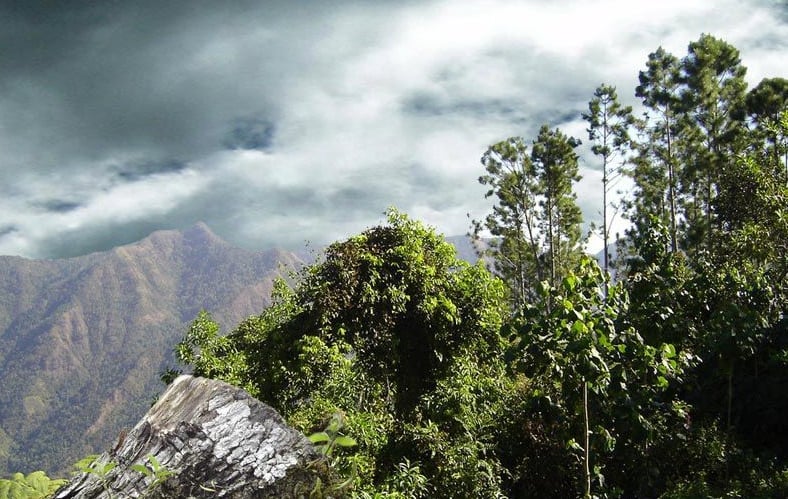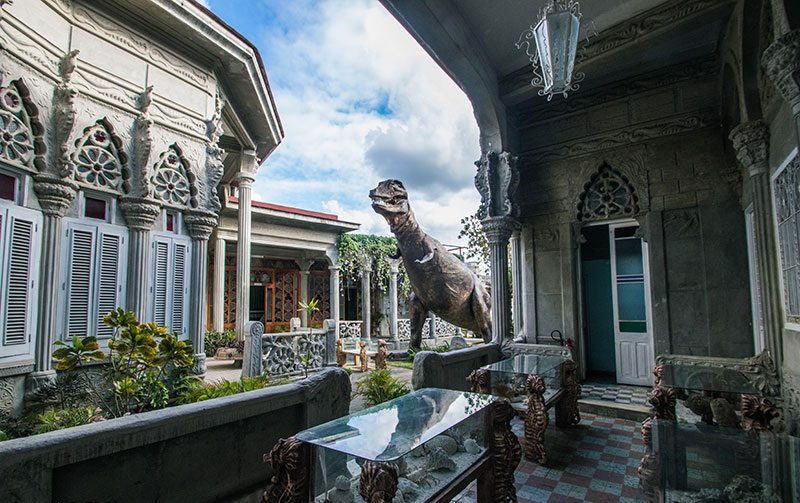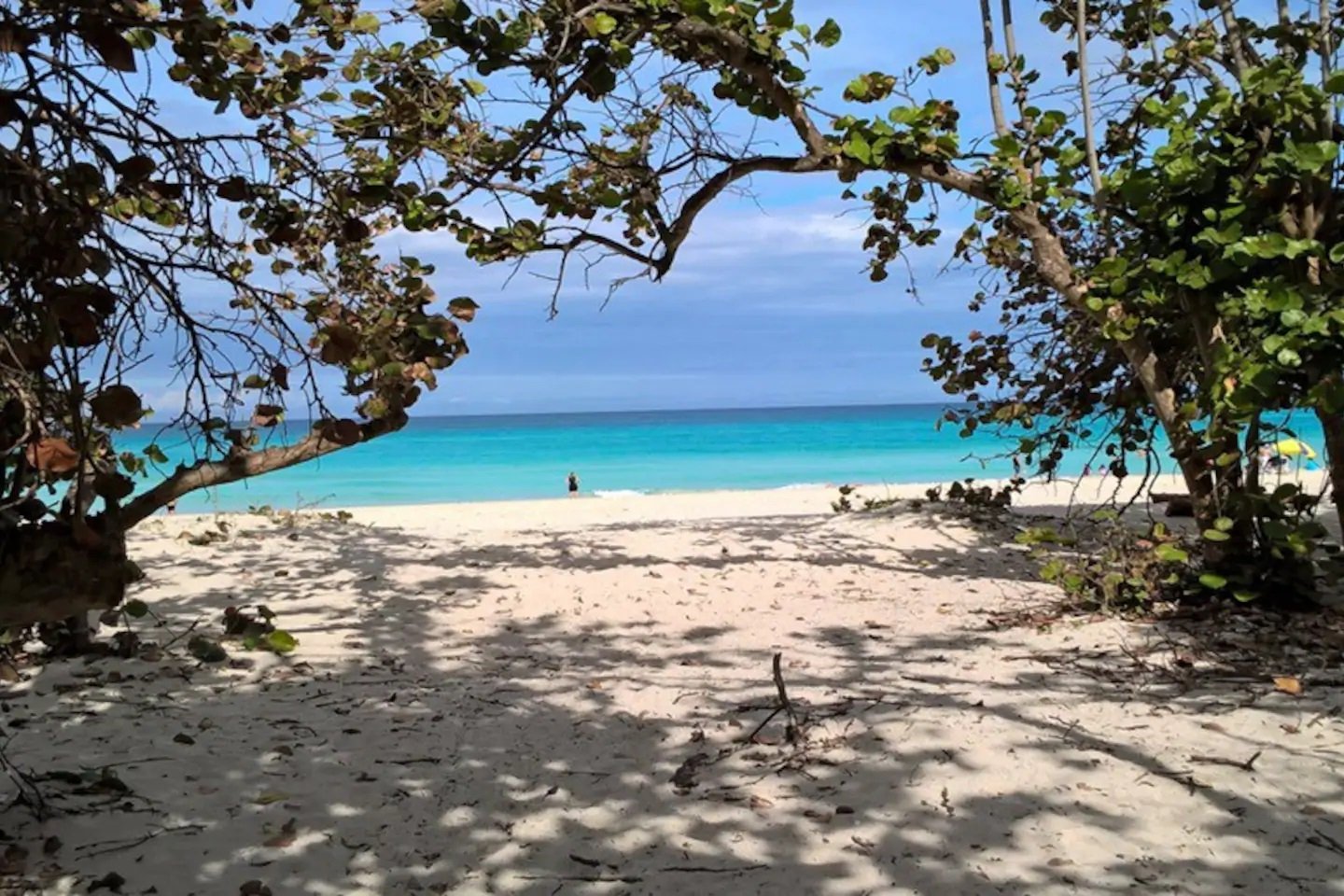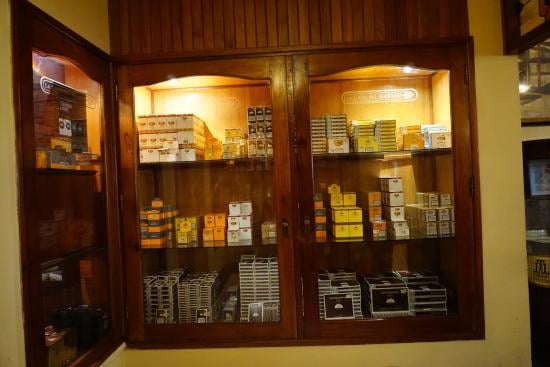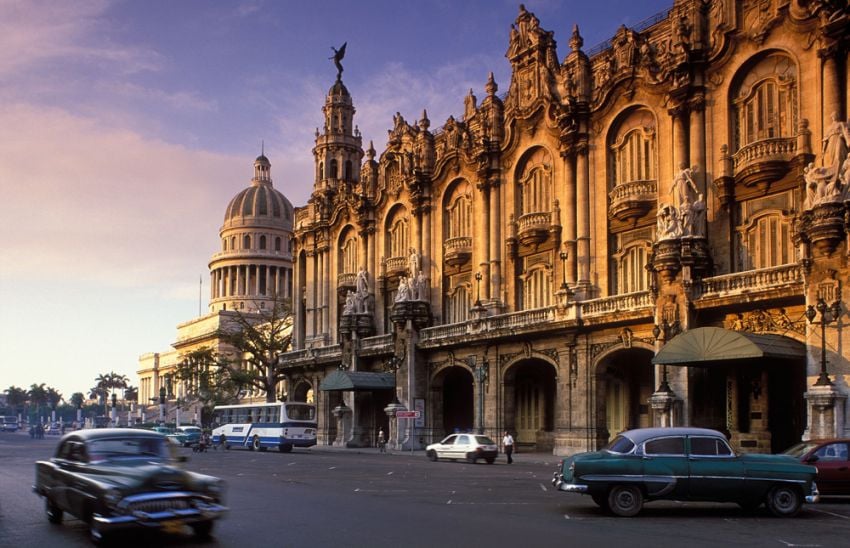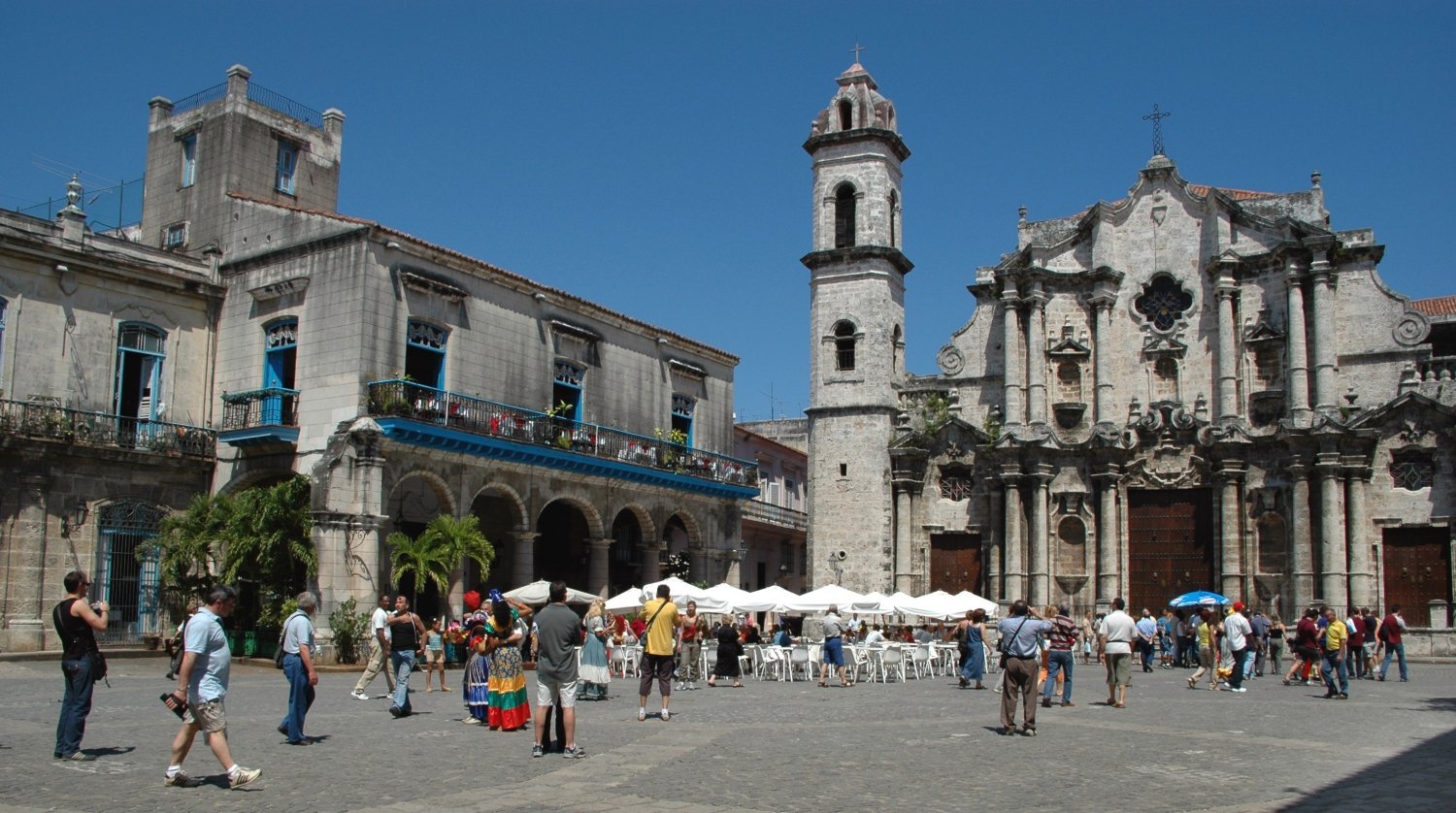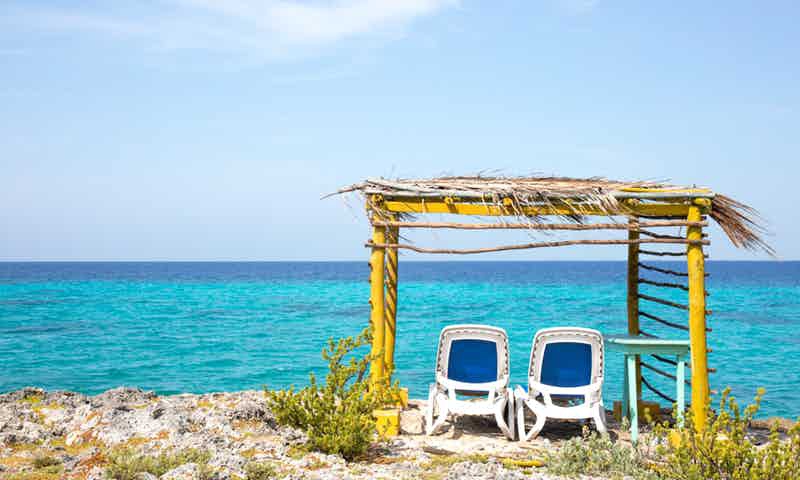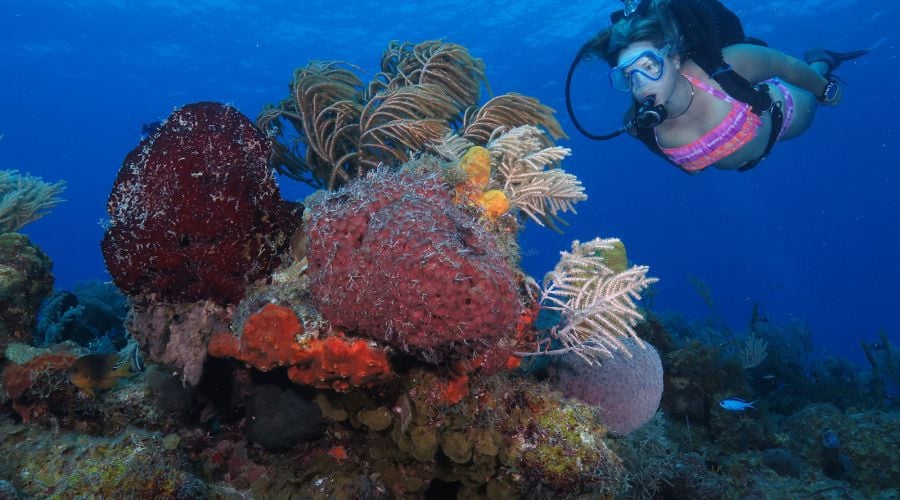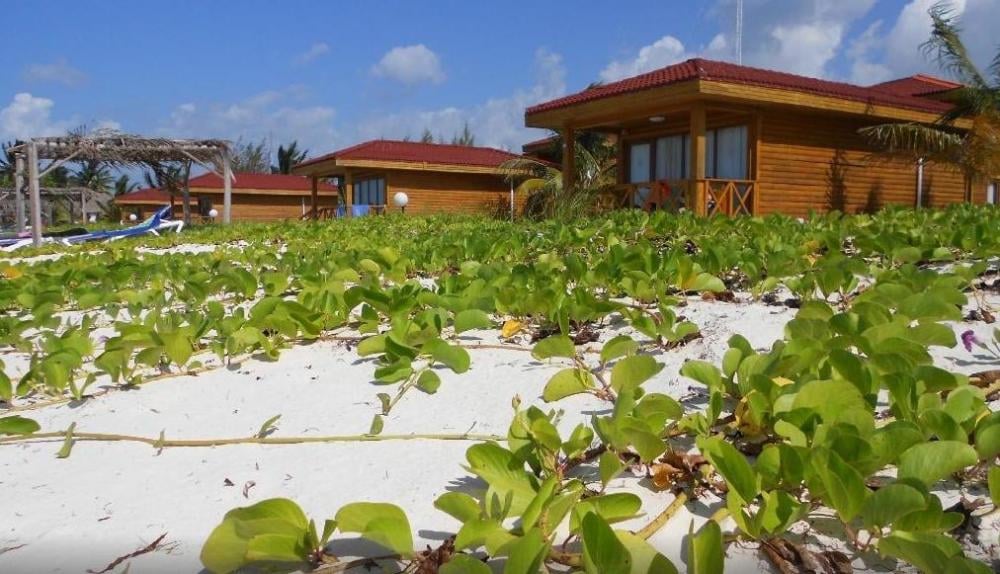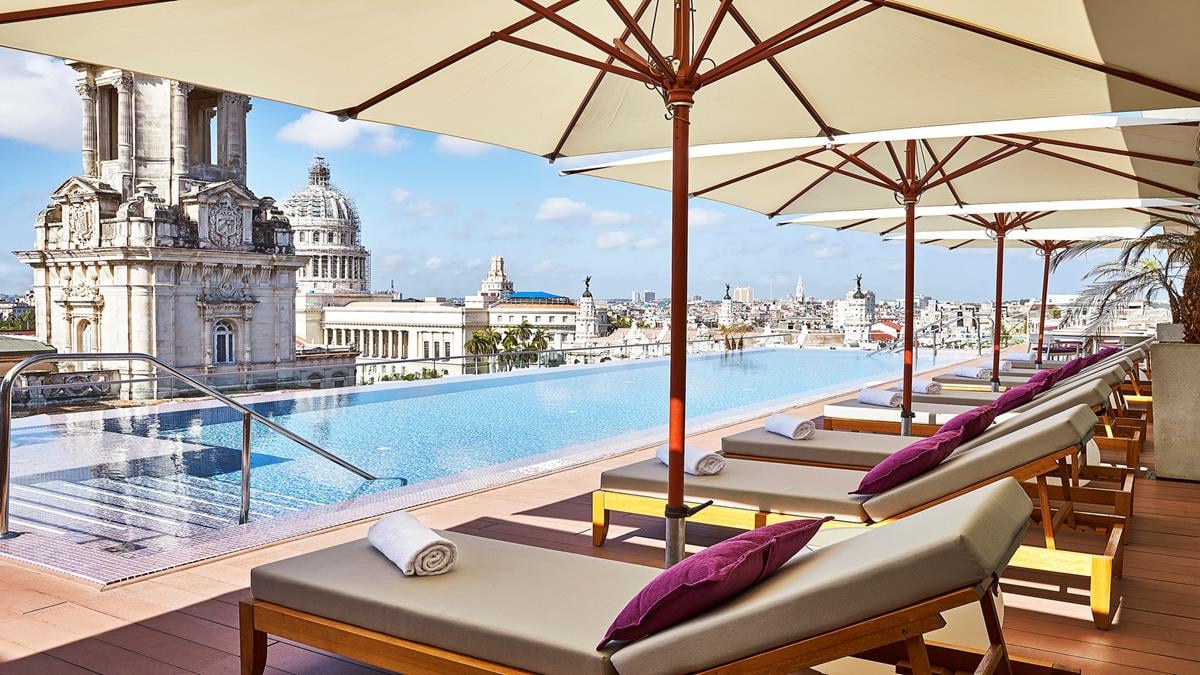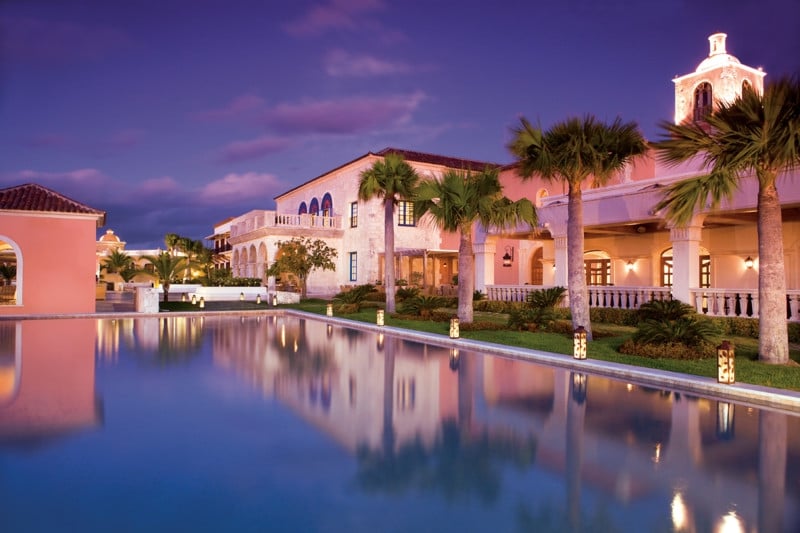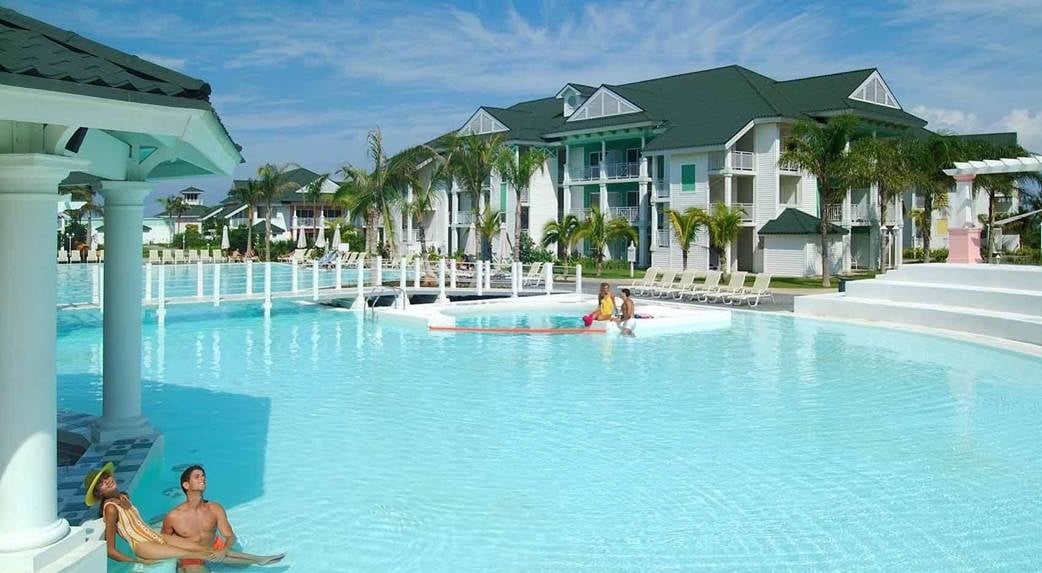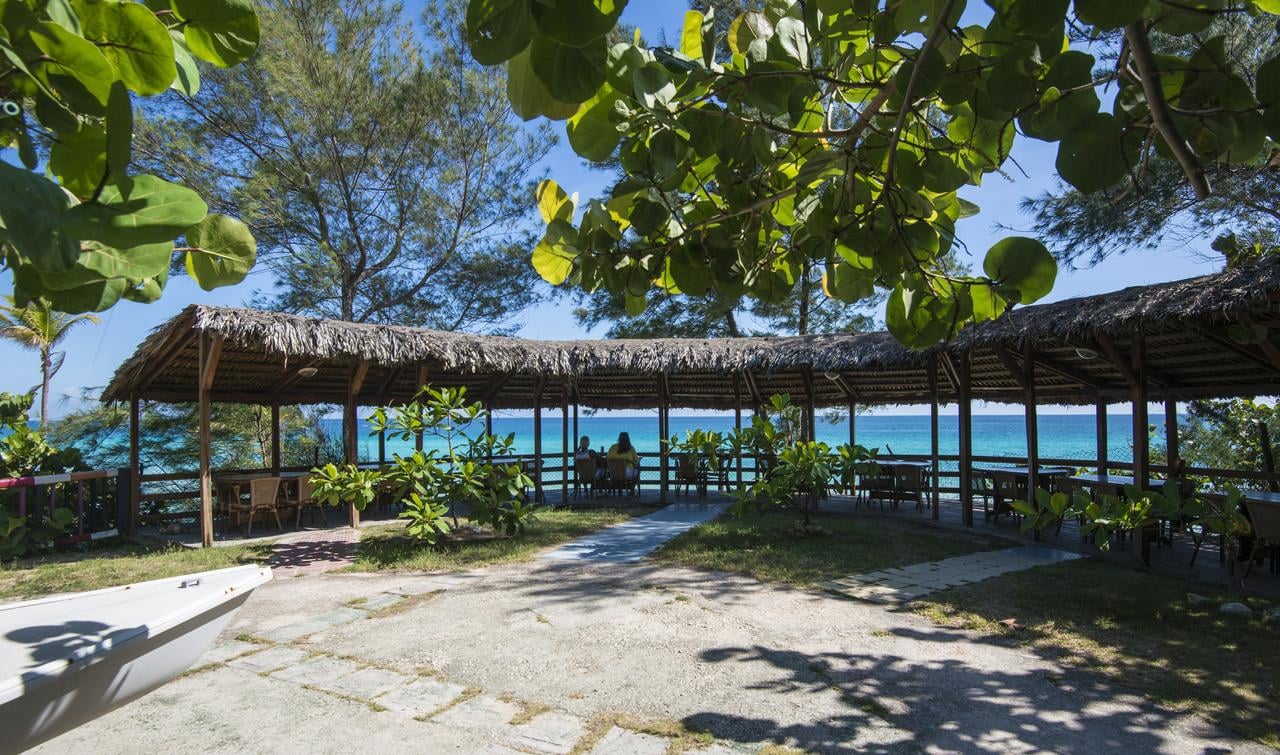Health & Safety
Obtain adequate health insurance before travelling. Prior to treatment, visitors may need to show proof of ability to pay, though some emergency services are provided free of charge. Standards of care and training are excellent, but equipment and drugs are often in short supply.
Food and drink:
Tap water is not safe to drink. Bottled water is ubiquitous, but boiling water is recommended to limit plastic waste. Milk is pasteurized and dairy products (with the exception of some cheap ice creams) are safe for consumption. Local meat, poultry, seafoods and fruit are generally considered safe to eat.
Other risks:
All the little nasty’s you’d expect in any tropical country are here, though there really is no need to compromise your travels worrying about what you might catch. There are, however a few precautions you should take before leaving your country and you should consult your medical practitioner in good time before arriving here.
Vaccines to consider:
Cholera; Rabies; Tetanus, Visitors are advised to take necessary precautions. Up-to-date advice should be sought before deciding whether these precautions should include vaccination as medical opinion is divided over its effectiveness. Consider also booster for Hepatitis A. Malaria is not normally present unless the illness was contracted abroad.


